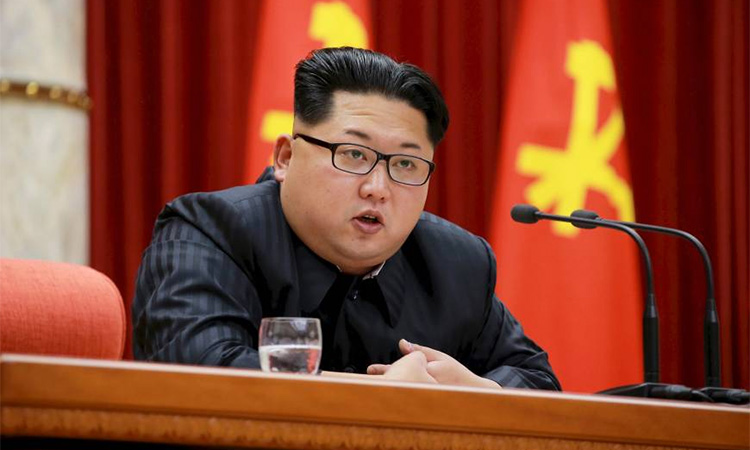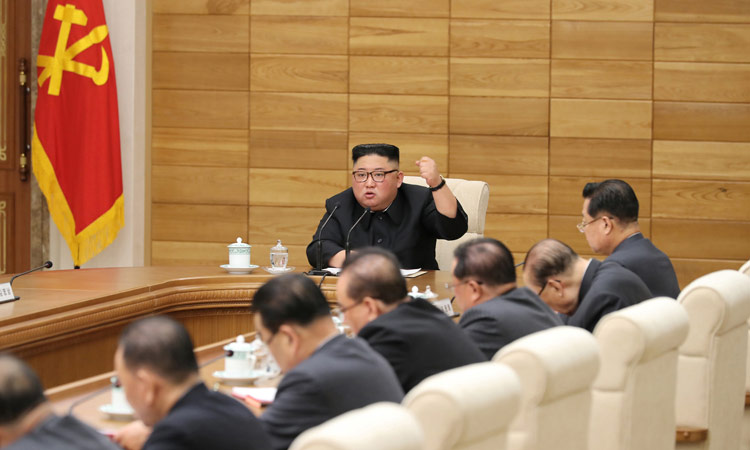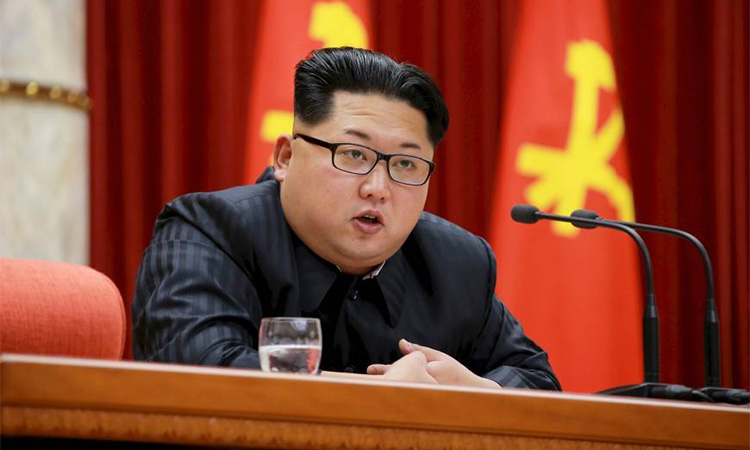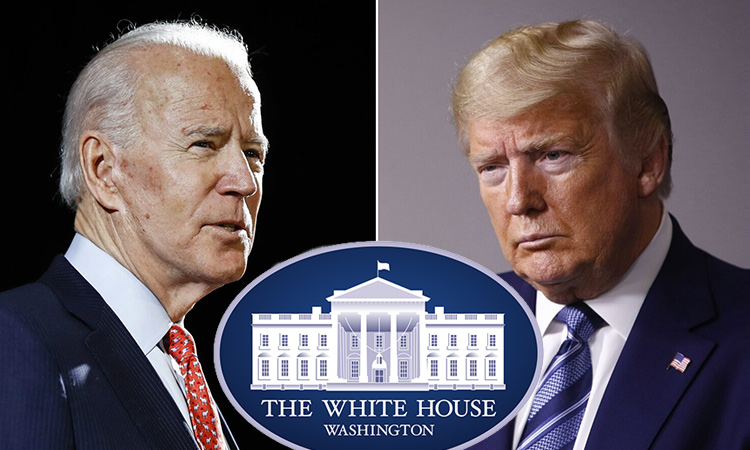Whimsical Kim gears up for Biden

Kim Jong-Un
The nation’s leader Kim Jong Un is beefed up with greater leverage in high-stakes nuclear diplomacy, thanks to a more powerful and versatile arsenal of weapons than at the start of the Trump presidency.
While Donald Trump boasts of having prevented war and exchanged “beautiful letters” with Kim, there is no promise from North Korea that it would roll back its weapons of mass destruction programme.
For Kim, Joe Biden appears to be a more difficult partner, more likely to pen a “Dear Jong” letter than engage with him in person – even though the bar for summit diplomacy is lower due to the precedent set by Trump.
Biden does not seem to have taken a liking for Kim. North Korean state media slammed the former US Vice President for criticising leader Kim Jong Un, calling him “bereft of elementary quality as a human being”.
The criticism contrasts with North Korea’s repeated references to the good relationship between Kim and Trump. Kim said in April his personal relationship with Trump was still pretty good despite the collapse of their second summit in Vietnam in February.
In a report, Biden said at a campaign launch in Philadelphia on Saturday: “Are we a nation that embraces dictators and tyrants like (Russian President Vladimir) Putin and Kim Jong Un?”
State media promptly shot back: “What he uttered is just sophism of an imbecile bereft of elementary quality as a human being, let alone a politician,” it said.
Pyongyang embarked on an unprecedented series of weapons tests in 2017, declaring itself a nuclear power after undertaking its biggest nuclear blast and longest-range intercontinental ballistic missile (ICBM) launches.
After months of tightening sanctions and trading threats, Trump then became the first sitting US president to meet a North Korean leader at a summit in Singapore in 2018.
Kim Jong Un has been doing what he needs to stay in power, and nuclear weapons are the most powerful means of survival.
It remains to be seen what attitude and posturing Joe Biden will take towards someone he called a “thug” and said a meeting is possible only if Pyongyang rolls back its nuclear capability.
Although the North has largely kept to a moratorium on nuclear and long-range missile tests, it has continued to develop new missiles, and engines potentially designed for ICBMs and new mobile launchers, while building its nuclear weapons-grade stockpile, experts say.
However, whatever one might say about the North Korean leader, he appears to pose a threat. Pyongyang has nuclear missiles capable of striking the US mainland.
Expert assessment of the North’s new multiple rocket launchers and surface-to-surface missiles also rate them highly effective in any conflict on the peninsula.
Days after Kim’s third meeting with Trump last year, the North offered a glimpse of a large submarine, believed to be capable of carrying multiple submarine-launched ballistic missiles (SLBM). It was seen by military experts as another game changer, just as the Hwasong-15 ICBM launch in 2017 was.
The display was intended to show Kim could take up negotiations where he had left off with Trump, or return to confrontation by resuming advanced weapons tests.
North Korea has had a tough year grappling with typhoons that battered towns, international sanctions and the impact of anti-coronavirus measures.
Despite that, Kim does not seem to go back on welfare measures. He promised to build at least 25,000 homes over the next five years as citizens began a campaign to achieve economic goals despite growing crises.
He is relying on his “man-of-the-people” image to tackle domestic problems. It remains to be seen to what extent he is successful.







